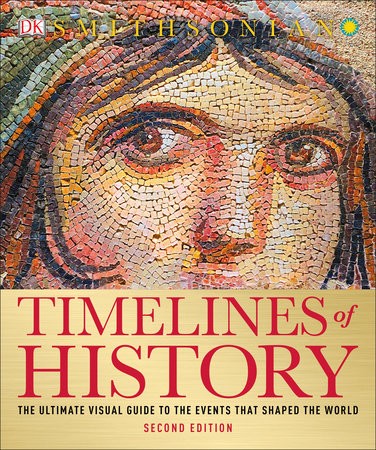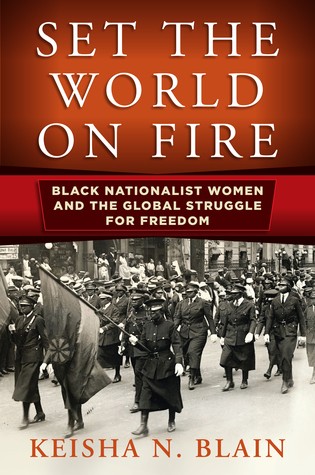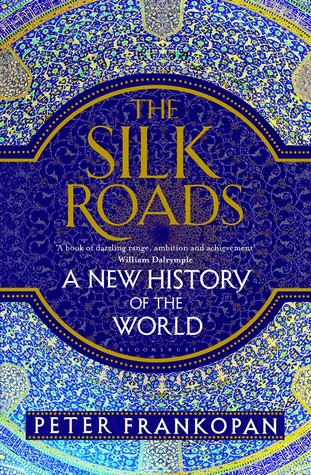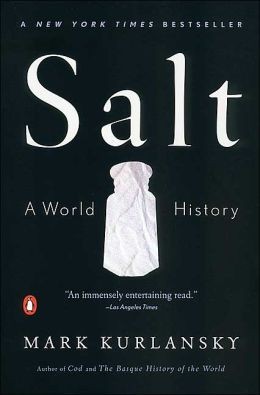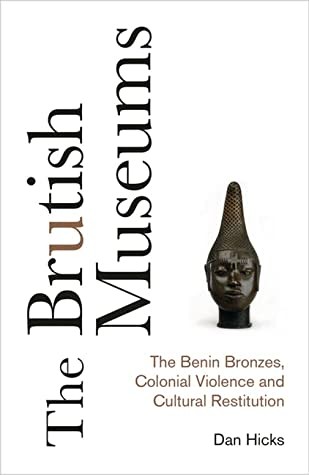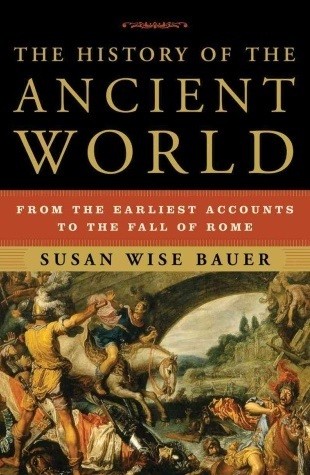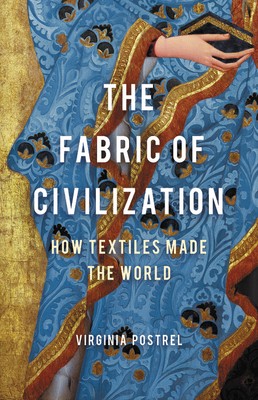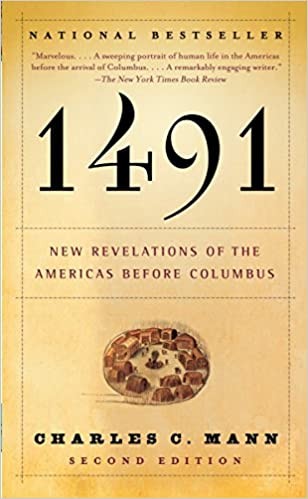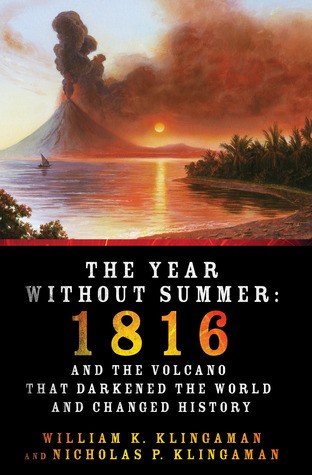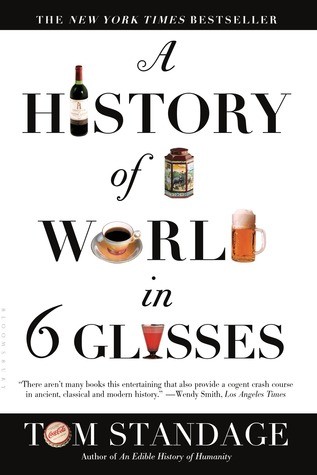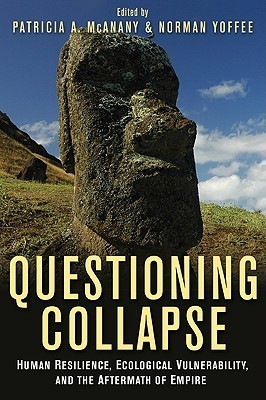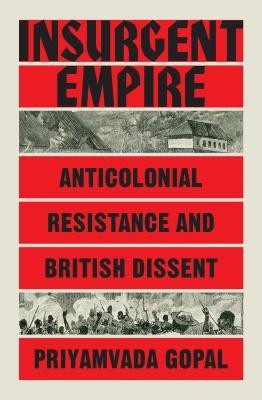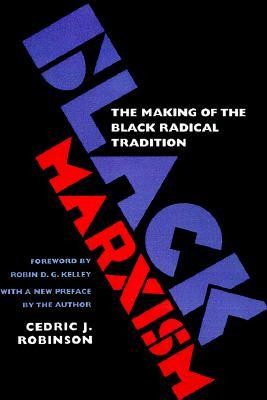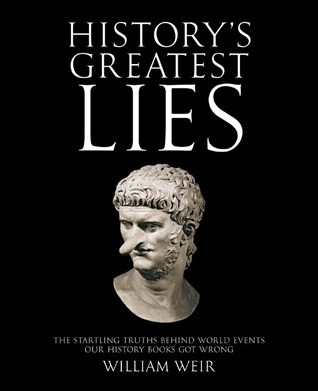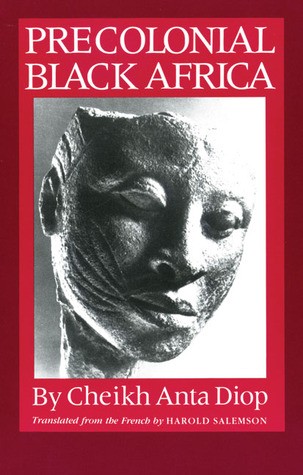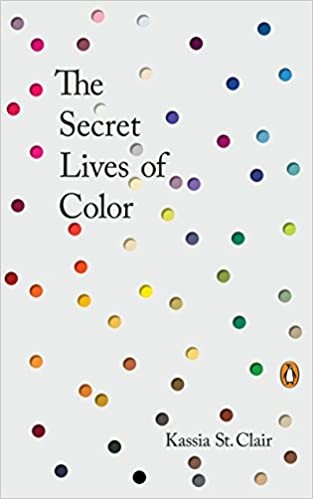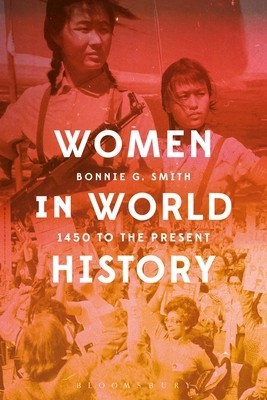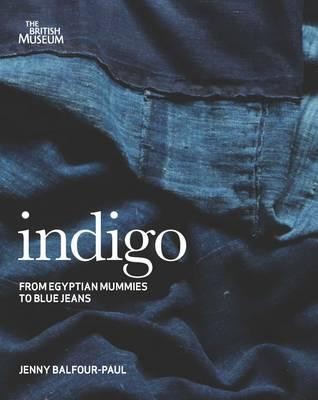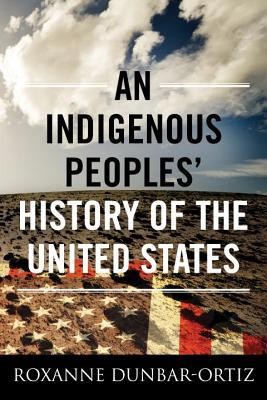I’ve always had a fascination with history that borders on obsession. As I lay in bed at night, I often find myself thinking about what it would be like if I went back to school and pursued a degree in the subject. It’s not uncommon for me to spend hours binge-watching documentaries from PBS, Smithsonian, or BBC, each one offering a unique perspective on some obscure aspect of world history. What strikes me is how far we’ve come as a species, yet how little we’ve changed.
Humans have always been a contradictory bunch – capable of both great beauty and great ugliness. Just consider the fact that ancient cultures would often consume human remains for medicinal or culinary purposes. It’s a grim reminder of our own mortality. Similarly, the history books I’m about to recommend offer a glimpse into the complexities of human nature.
Some provide a broad overview of historical events, while others juxtapose different eras and events to highlight the parallels between seemingly disparate periods. Then there are the ‘domino’ histories that reveal how one seemingly insignificant event or idea can have far-reaching consequences, shaping the course of empires and civilizations. These books offer a window into the past, allowing us to marvel at humanity’s achievements and cringe at our follies.
They’re must-reads for anyone interested in exploring the rich tapestry of human experience.
Timelines of History: The Ultimate Visual Guide to the Events That Shaped the World by DK
Historians often segment world history into distinct periods, failing to provide a comprehensive perspective on how these events interrelate. This compartmentalization makes teaching and learning easier, yet it can also distort our understanding of historical significance. For instance, the lives of Anne Frank, Martin Luther King Jr., and President Jimmy Carter may seem unrelated, given their different affiliations with distinct eras.
Similarly, Pocahontas and William Shakespeare were contemporaries, despite being associated with different historical contexts. This book offers a unique approach by presenting history in chronological order, detailing pivotal events from ancient times to the modern era, a period often overlooked in American history classes.
Set the World on Fire: Black Nationalist Women and the Global Struggle for Freedom by Keisha Blain
Historically, Black women have been marginalized in narratives of world history, often relegated to the periphery. Keisha Blain’s work aims to rectify this by shedding light on the collective struggles of these women across the 19th and 20th centuries.
Unlike more widely recognized figures like Garvey and DuBois, these working-class women from diverse backgrounds around the globe banded together to fight for their freedom, organizing workers, staging protests, and pushing against the backdrop of momentous events such as the Great Depression, World War II, and the Cold War.
The Silk Roads: A New History of the World by Peter Frankopan
The ancient Silk Roads crisscrossed Asia and Europe, fostering a rich exchange of goods, ideas, and cultures between East and West. This vital network connected the Mediterranean to China, facilitating the spread of influential ideologies like Buddhism, Islam, and Christianity. In this book, we delve into the histories of these regions, shifting our gaze towards the Orient and exploring how their modern-day forms took shape.
As crossroads of civilization, these areas have often been overshadowed by a Eurocentric perspective on history, but they played a pivotal role in shaping global events.
Salt: a World History by Mark Kurlansky
Salt is often described as a vital component of human history, and its significance can be measured by the numerous idioms surrounding this precious mineral. From a health perspective, salt is essential for our well-being, while in culinary terms, it’s an indispensable element for food preservation. Moreover, salt has played a crucial role in various belief systems and folklore.
In his work, Matt Kurlansky delves into the fascinating story of salt throughout human history, covering wars fought over its control, instances where it functioned as currency, colonial-era laws surrounding its use, and its fundamental importance to human survival. This narrative also touches on the surprising practice of using salt in ancient Egyptian corpse preservation. For those with a taste for adventure, there are numerous historical recipes that revolve around the clever uses of salt.
The Brutish Museums by Dan Hicks
As the world grapples with the legacies of colonialism, a stark reality emerges: museums founded by colonizers are filled with artifacts plundered from the very people they exploited. In the United States, these artifacts primarily belong to Indigenous tribes, seized along with their lands and only gradually being returned through laws like NAGPRA. Similarly, British museums house looted relics from diverse regions, some pilfered during brutal massacres, such as the Benin bronzes.
As an anthropologist, this uncomfortable truth is a constant reminder of the need for accountability in our discipline. This book, penned by a museum insider, underscores the imperative of repatriation after colonization, highlighting the importance of candor about the circumstances under which these artifacts entered our collections and outlining the steps necessary to rectify the past.
The History of the Ancient World by Susan Wise Bauer
This first volume in a trilogy delves into the earliest recorded events, spanning from Sumerian civilizations to the fall of Rome. The narrative takes readers on a global journey, seamlessly connecting historical milestones across continents, including Europe and Asia. While not as exhaustive as other history books, this tome’s scope is impressive, considering it covers over 2,000 years of human history in just one volume.
To aid comprehension, numerous maps and timelines are included, providing visual clarity on the relationships between events and locations. The next installment in the series picks up where this one leaves off, exploring the period from Constantine to the First Crusade, while the final book concludes with the rediscovery of Aristotle’s works and the fall of Constantinople.
The Fabric of Civilization by Virginia Postrel
The impact of fiber crafts, particularly weaving, on our current state cannot be overstated. The development of these skills has had a profound effect on various aspects of modern life. Without the creation of fibers and textiles, we wouldn’t have the technological advancements we enjoy today, including smartphones, space exploration, and significant breakthroughs in chemistry.
This book will take you on a journey through the history of fiber crafts, from the earliest attempts at spinning and cultivating plants to the evolution of weaving and dyeing techniques, as well as the inventions and innovations that followed. You’ll see how arithmetic, binary code, and even entire empires were influenced by this everyday activity that many of us take for granted: fabric.
1491: New Revelations of the Americas Before Columbus by Charles C. Mann
My initial understanding of North America before colonization was that indigenous tribes lived in pristine wilderness, untouched by human activity. While I grew up with Georgia’s education system, this image persisted. However, the reality is far more nuanced. Indigenous peoples actively shaped their environments to meet their needs, adopting a sustainable approach that contrasts starkly with our current practices.
This book thoroughly debunks common misconceptions about pre-Columbian North America, covering technological innovations, scientific advancements, and cultural developments. The author’s in-depth exploration reveals the complexity of these civilizations before Columbus’s supposed ‘discovery’ of the Taíno peoples. In doing so, it underscores the significant role Indigenous Americans played in world history, a fact often overlooked.
The Year Without a Summer by Nicholas P. Klingaman and William K. Klingaman
The year 1816 was marked by a monumental volcanic eruption in Indonesia, which had far-reaching consequences for the world. The resulting weather pattern brought unprecedented rain, frost, and snowfall to the Northeastern United States and much of Europe, effectively canceling out summer that year. This unusual phenomenon earned the nickname ’18-hundred-and-froze-to-death’.
Amidst this turmoil, the Klingamans’ account highlights the stark contrasts in world events at the time, including mass migrations to milder climates, epidemics, famines, and food riots, as well as artistic expressions such as the writing of a pioneering novel and the creation of fiery sunsets in paintings. Moreover, their illustration suggests the early stirrings of the climate crisis that would unfold over the centuries.
A History of the World in 6 Glasses by Tom Standage
Our consumption habits can reveal a great deal about ourselves as individuals, and by extension, our cultures. Similarly, the drinks that have shaped human history offer valuable insights into who we are today. Tom Standage’s exploration of the past century and a half reveals six beverages that have left an indelible mark on our collective story: beer, wine, spirits, coffee, tea, and cola.
From their humble beginnings to their current global prominence, each of these drinks has played a significant role in shaping human civilization. Whether facilitating the rise of empires, fostering the exchange of ideas, driving colonization efforts, or underpinning the transatlantic slave trade, these six drinks have all contributed to our shared history.
Questioning Collapse Edited by Patricia A. McAnany and Norman Yoffee
As an anthropologist, I have a peculiar reaction whenever someone mentions Jared Diamond or recommends one of his books. My blood pressure tends to rise slightly, accompanied by an involuntary twitch in my eye. It seems I’m not alone in this sentiment. In fact, this book is a direct response to Diamond’s influential work ‘Collapse’, featuring essays from historians and anthropologists who challenge the conventional notion that civilizations simply collapse.
Instead, they argue that decline is often a gradual process of adaptation, with resilience serving as the prevailing pattern. Moreover, these experts critique the outdated concept of environmental determinism and the inherent racial biases embedded in notions of success and failure.
Insurgent Empire by Priyamvada Gopal
The history of colonial resistance takes center stage in Priyamveda Gopal’s compelling narrative. The story revolves around the courageous efforts of British colonies, African nations, Caribbean communities, Indian people, and their supporters in London. These often-maligned groups are typically portrayed as helpless victims of imperialism.
However, Gopal sheds new light on their complex experiences by highlighting their simultaneous struggles against colonialism while contributing to the very systems that oppressed them. This paradoxical legacy has far-reaching implications. The book delves into the intellectual movements that were gaining momentum within these colonies, refuting the notion that they were merely products of their time and that their actions were morally justifiable.
While some may find this text heavy with academic jargon, it is recommended to be read in manageable chunks.
Black Marxism by Cedric J. Robinson
While initially published in 1983, this book remains a crucial read for anyone interested in Marxist ideologies, particularly those exploring the intersection of Marxism with Black radicalism. Robinson’s work highlights the tendency of Marxist analyses to be rooted in European history and context, often overlooking the pivotal roles played by Black individuals as freedom fighters throughout resistance movements.
To correct this oversight, he delves into the rich history of African anti-colonial struggles, as well as the experiences of Black communities in Western countries. The author also draws upon influential voices such as W. E. B. Du Bois, C. L. R. James, and Richard Wright to illuminate the profound impact these thinkers had on shaping the trajectory of Black radicalism.
History’s Greatest Lies by William Weir
The book in question takes on the daunting task of debunking 15 historical myths that have been perpetuated as fact, often with malicious intent. By delving into the origins of these myths and revealing the truth behind them, Weir provides a comprehensive analysis of how they evolved over time. He also shines a light on individuals who managed to escape consequence due to their manipulation of these myths.
The book is structured around individual chapters, each dedicated to a specific popular myth. This format allows readers to gain a wealth of knowledge that can be leveraged in social situations, turning them into informed and engaging conversationalists. With this book, you’ll be equipped with the facts to effectively challenge misconceptions and emerge as That Person at your next gathering.
Queer Identities and Politics in Germany: A History, 1880-1945 by Clayton J. Whisnant
Before the devastation of the Institut für Sexualwissenschaft at the hands of the Nazis, Germany’s capital city Berlin was the epicenter of Europe’s queer social scene. This vibrant hub was home to pioneering homosexual organizations and publications, as well as a thriving academic field dedicated to the study of sexuality and psychology.
Written in an engaging style accessible to all, this book delves into the lives of individuals during that era, spanning subjects from scientific discoveries to sensational scandals. Please note, however, that the book’s narrative extends up until 1945, which means it also touches on the dark realities of Nazi persecution and concentration camps.
Precolonial Black Africa by Cheikh Anta Diop
The African continent’s history before colonization is often glossed over in world history classes. While students may gain some insight into Mansa Musa or ancient Egypt, especially its interactions with Greece and Rome, this brief exposure hardly scratches the surface of Africa’s rich past. Given the vastness of historical events to be covered (no doubt a challenge for even the most dedicated educators), it’s surprising that Africa’s pre-colonial era receives so little attention.
That’s where this book by a Senegalese anthropologist and historian comes in, shedding light on the social and political systems of African civilizations and their striking parallels with those of contemporary Europe. What emerges is a compelling portrait of Africa’s significant contributions to global development.
A note of caution: the book was published in 1960, which means that certain terminology used at the time – such as ‘primitive’ – may not align with modern sensibilities and carry different connotations today.
The Secret Lives of Color by Kassia St. Clair
This captivating tome seamlessly blends scientific and historical narratives, exploring the multifaceted significance of colors across various contexts – art, war, religion, and health. Despite humans not possessing the most impressive color vision, our existing capabilities still provide valuable insights into objects, often exceeding our initial understanding.
The book’s physicality is equally noteworthy; its substantial size and sturdy construction belie a weighty content that justifies its bulk. The cover and pages are visually stunning, featuring diagrams of spectrums, graphs, and, naturally, color – making it an absolute treasure for readers.
Women in World History 1450 to Present by Bonnie G. Smith
This comprehensive book delves into the multifaceted roles women have played throughout history, spanning over 500 years. From humble beginnings as slaves to more prominent positions such as soldiers and astronauts, women’s contributions have been a constant thread weaving through the fabric of time. Despite being often overlooked or ignored in traditional historical accounts, women have left an indelible mark on the past.
By drawing upon a rich tapestry of archival materials – including oral histories, personal papers, religious teachings, and numerous other forms of documentation – Smith masterfully weaves together a narrative that spans from the Renaissance era to the present day, offering a fascinating glimpse into the lives of women throughout history.
Indigo: Egyptian Mummies to Blue Jeans by Jenny Balfour-Paul
Indigo’s far-reaching impact on human history is a testament to its profound influence across cultures. Beyond the realm of textiles, where it revolutionized dyeing techniques, indigo played a significant role in shaping major industries, including transatlantic trade, medicine, and even religious practices. Its significance extended beyond the physical sphere, influencing agriculture, economics, and chemistry, earning recognition in diverse folklores worldwide.
This comprehensive history, distilled from 15 years of meticulous research, is accompanied by stunning visual depictions of indigo and its botanical source.
An Indigenous People’s History of the United States by Roxanne Dunbar-Ortiz
The narrative of United States and American continents’ history is often misaligned when it begins with European arrival. This book takes a different approach by delving into the Indigenous history that predates colonization. It provides an in-depth look at life before settlers arrived, including trade routes, farming practices, and how European colonizers impacted Native American communities once they did arrive.
The book serves as a crucial resource to understand the complexities of this period, especially as the Land Back movement gains traction and water protectors resist oil pipeline projects. If you’re eager to dive deeper into American history or are just starting your exploration, consider exploring our curated lists of inclusive American history books or historical nonfiction for more recommendations.
